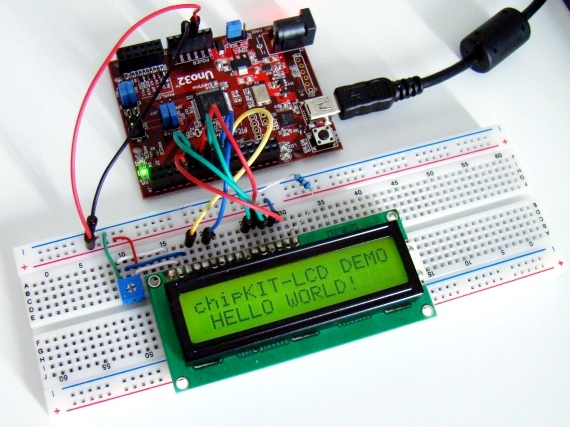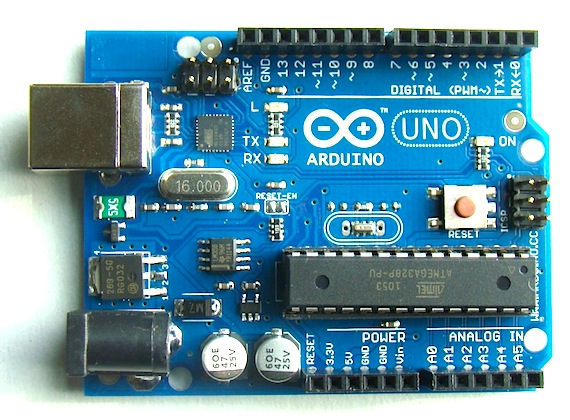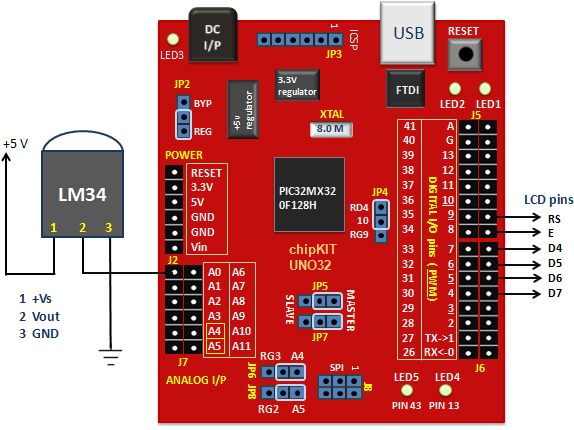In order to understand the chipKIT platform, it is important to talk about Arduino first. Arduino is an easy-to-use and powerful open source environment for developing microcontroller based applications. It has gained huge amount of popularity in past few years, specially among hobbyists. Arduino has been a wonderful tool, introducing many people to the world of embedded electronics with little or no prior knowledge of electronics. The standard Arduino development boards are based on 8-bit Atmel AVR processors which are pre-programmed with a serial bootloader, and thus simplifies the uploading of user programs to the on-chip flash memory without the need of any external programmer. Because of its low cost, easy-to-use software development environment (open-source C/C++ like programming platform), rich set of libraries, and tons of resources available online, Arduino has become a common choice for electronics hobbyists these days. Hundreds of plug-in application boards, called Arduino shields, are also commercially available to extend the functional capabilities of the Arduino board. The simplicity and the open source nature of Arduino and its shields allow students, hobbyists, and even artists to do many creative things.
Inspired from the growing influence of Arduino, Microchip and Digilent, in 2011, introduced a new and much powerful form of Arduino platform, called chipKIT, which is based on 32-bit PIC processors. The chipKIT platform consists of two development boards (chipKIT UNO32 and chipKIT MAX32), and an open-source software development tool, which is basically a modified version of the Arduino IDE, and is called MPIDE (Multi-Platform Integrated Development Environment).
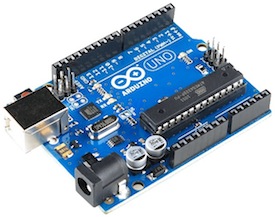 |
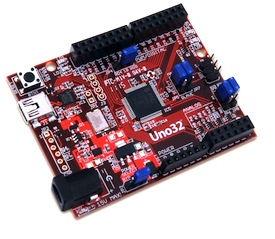 |
| Arduino Uno |
chipKIT Uno32 |
Read more

